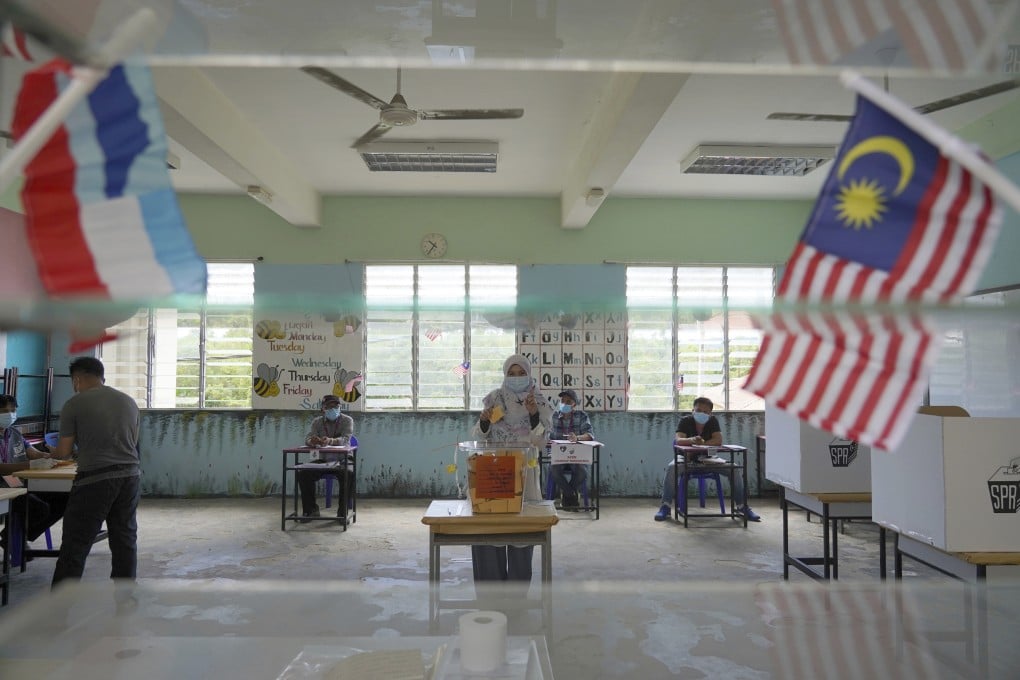Advertisement
‘Indisputable sovereignty’: Philippines’ UN filing reignites Sabah dispute with Malaysia
- Malaysia ‘categorically’ rejects Philippines’ UN filing to extend continental shelf from Sabah as analysts say Marcos Jnr may not push issue
Reading Time:3 minutes
Why you can trust SCMP
15

A recent Philippine submission to the United Nations over claims to seabed territory has sparked vigorous protests from Malaysia, reviving a long-standing territorial dispute over Sabah in northern Borneo.
Advertisement
The historically complex dispute, which can be traced back to colonial-era agreements, has significant political and economic implications for both nations given the region’s considerable oil and gas resources.
Malaysia submitted a diplomatic note to UN Secretary General Antonio Guterres on Saturday rejecting a filing from the Philippines to the UN.
Manila had registered its entitlement to an extended continental shelf in the Western Palawan region of the South China Sea, defining the seabed areas over which it has sovereign and exclusive rights to exploit for natural resources.
Malaysia said it “categorically” rejected the Philippines’ filing on the basis that the extended continental margin in the submission “was projected from the baselines of the Malaysian state of Sabah”.
Advertisement
“This clearly disregards Malaysia’s indisputable sovereignty over the state of Sabah,” the diplomatic note said.

Advertisement